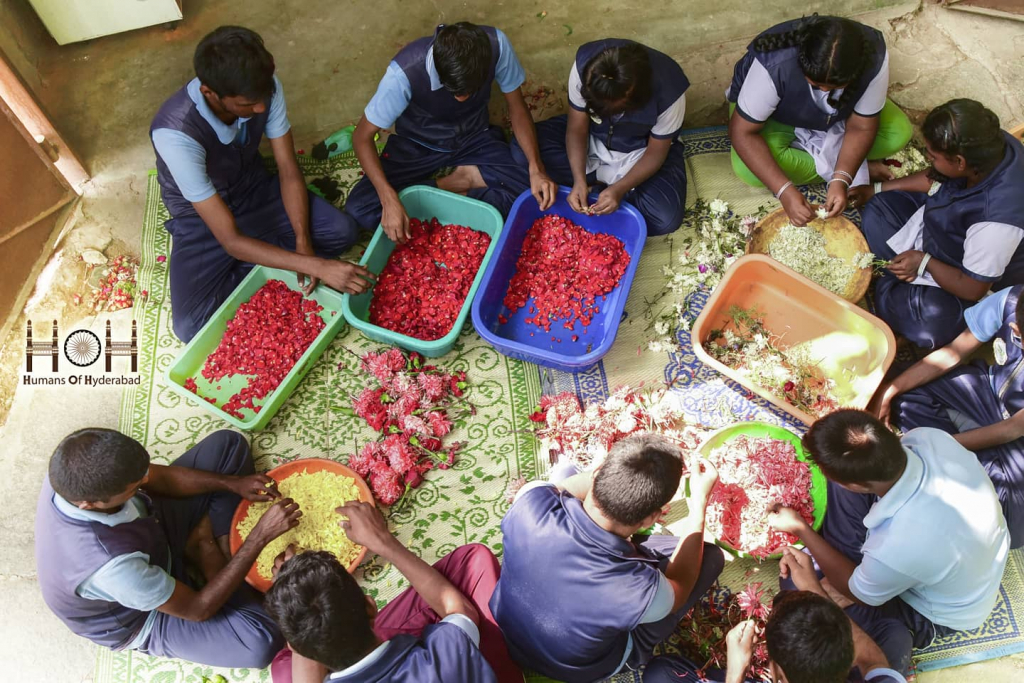“Craft and culture have always been my passion. My mother took me to a lot of craft festivals when I was a kid. Today I am a big craft and culture connoisseur. While working for an organization during college, not for profit management piqued my interest since a lot of our work was connected to working with local NGO’s. After my graduation, I was certain about wanting to be full time in the development sector. This was when I worked with the United Nations Development Program.
The exposure is why I eventually started Craftizen. Because I realized the growing disconnect between traditional craft skills and artisans and consumers.
Once the project was over, I knew that I wanted to become a social entrepreneur but I didn’t have a plan. I ended up becoming an associate director at ISB at my alma mater. I was exposed to the entire development sector and got to meet and mentor a lot of social entrepreneurs. During this process, my determination to become an entrepreneur shot through the roof and I decided to take part in a business plan competition back in 2013. This is a competition organized by NABARD (National Bank for Agriculture & Rural Development). The competition was for rural innovations and it was a perfect opportunity to pitch my idea, which was to look at how to make crafts and teach craft skills.
I founded Craftizen in 2014. We are turning 6 years old, coincidentally on Holi this year, March 10th! Our vision was to preserve and evolve Indian craft skills so that they remain an integral part of our cultural fabric. Our goal was to impart skills and provide livelihoods to the socially and economically weaker sections through crafts.
We wanted to use discarded materials to make a positive environmental impact. We work with differently-abled persons as well as unskilled women who recycle flowers collected from temples and wedding halls, fabric leftovers from tailoring units, flex banners from events and newspapers. All of these are converted into a variety of unique products including Holi colours, rangoli powder, jewellery, accessories, DIY kits, eco-pens and bags. We also conduct training programmes in a diverse range of skills including banjara and sari embroidery, tailoring, fabric painting.
As the Holi colours are popular in India, we came up with the idea of collecting flowers from temples and wedding halls which are segregated as per colour, de-petaled and dried.
That’s when, a separate brand name, Petalists, was created in 2016.
We have recycled over 10,000 kgs of discarded flowers to make 3000 kg colours this year, which was twice the quantity we produced last year.
On this occasion of Holi, I say, let us Go Green with colours from natural flowers, processed in eco-friendly ways.”
#Happyholi #Holi2020 #Colours #Ecofriendly #HoliColours #Petalists #Flowers #Nature #Crafts #Recycle #Environment #Artisans #Support #Craftizen #Entreprenuer #Livelihood #Nature #Holi #Rangoli #Culture #NABARD #Hyderabad #HumansofHyderabad

